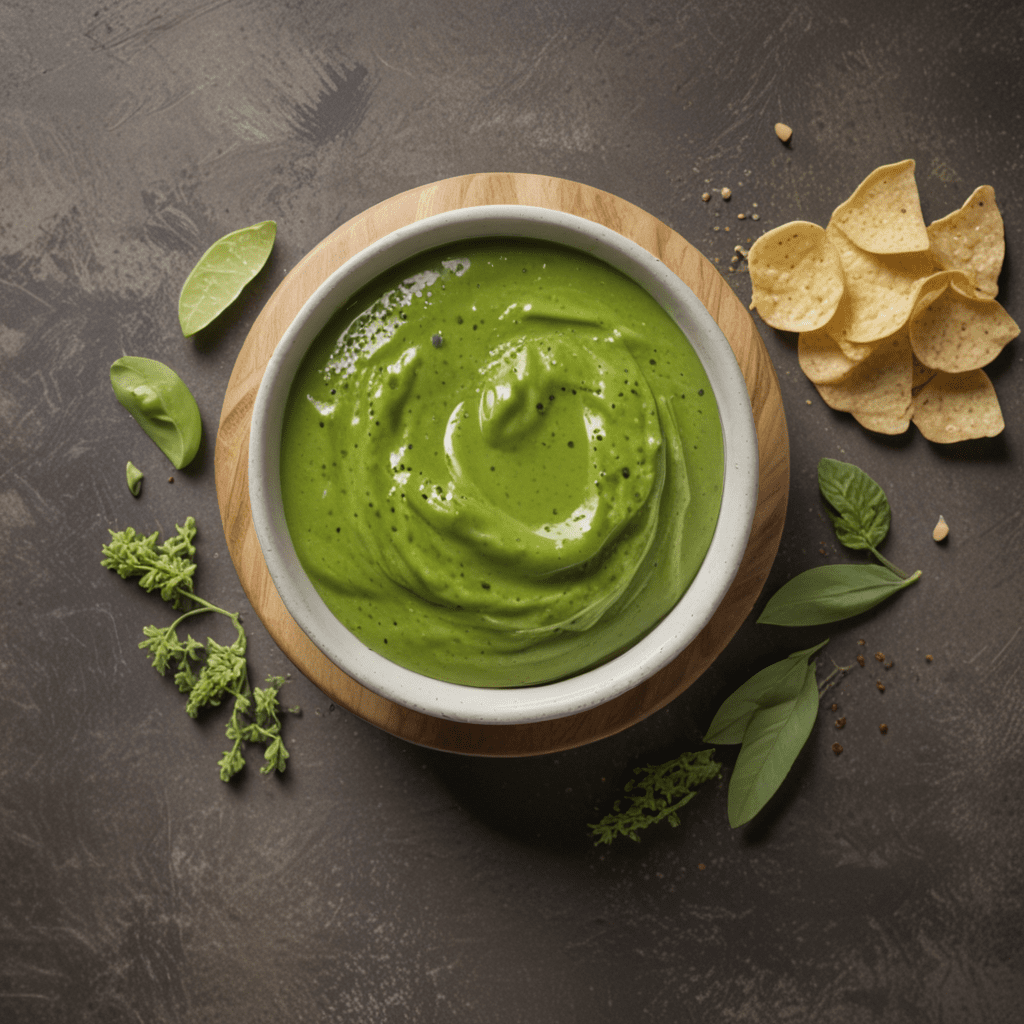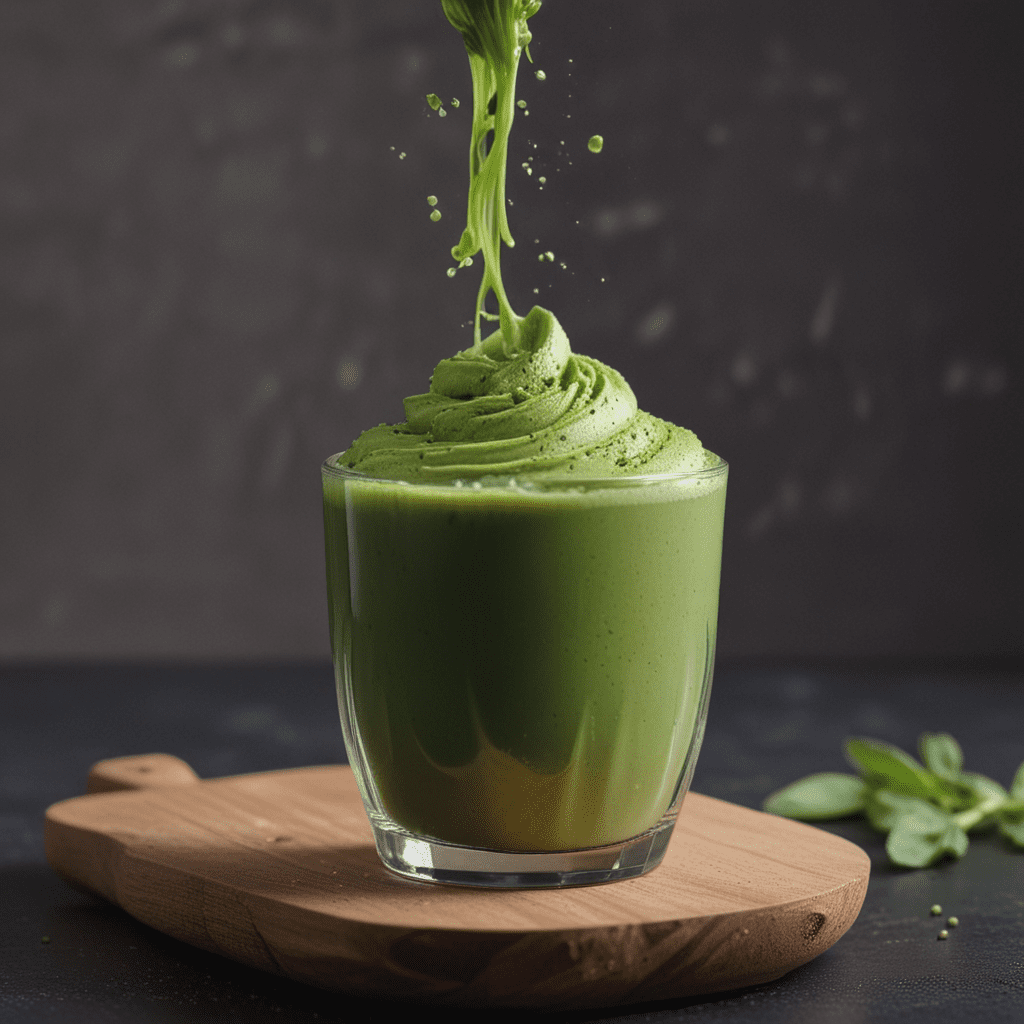
1. Introduction
Chai tea, a fragrant and flavorful beverage originating from the Indian subcontinent, has become a global favorite. Its tantalizing aroma and exquisite taste, a symphony of sweet and spicy notes, have captivated palates worldwide. In this comprehensive guide, we delve into the world of chai tea, exploring its origins, essential ingredients, and the art of brewing the perfect cup.
2. Origins and History of Chai Tea
Chai tea, meaning "tea" in Hindi, traces its roots back to ancient India. It is believed to have originated in the royal courts as a comforting and invigorating drink. Over centuries, chai tea evolved, incorporating influences from various cultures, including traders and travelers who introduced new spices and flavors to the blend. Today, chai tea is an integral part of Indian culture and a cherished beverage enjoyed around the world.
3. The Essential Ingredients of Chai Tea
The cornerstone of chai tea lies in its unique blend of spices. Traditional chai tea recipes call for a harmonious combination of ginger, cinnamon, cardamom, cloves, and black pepper. These spices not only impart a delightful aromatic profile but also contribute to chai tea's potential health benefits.
4. Sweetening Agents in Chai Tea
Chai tea often incorporates a touch of sweetness to balance the bold flavors of the spices. Traditionally, jaggery, an unrefined cane sugar, was used as the sweetener in India. However, honey, sugar, or maple syrup are also popular choices. The amount of sweetener added can be adjusted to taste, creating a customized blend that caters to individual preferences.
5. Spices in Chai Tea
The spice composition of chai tea varies, allowing for a wide range of flavor profiles. Ginger, with its pungent and slightly sweet notes, forms the backbone of the spice blend. Cinnamon adds warmth and a hint of sweetness, while cardamom offers a floral complexity. Cloves, with their sharp and aromatic flavor, bring depth and a subtle bitterness. Black pepper, in small quantities, adds a touch of heat, enhancing the overall flavor experience.
6. Brewing Methods for Chai Tea
The art of brewing chai tea is a skill that can be perfected over time. Traditional methods involve simmering black tea with the spice blend and milk in a pot, creating a rich and full-bodied beverage. Alternatively, tea bags or loose-leaf chai teas can be steeped directly in hot water, providing a quicker and simpler method. The choice of brewing method depends on personal preference and available time.
7. Health Benefits of Chai Tea
Chai tea contains a treasure trove of antioxidants, thanks to the spices it incorporates. These antioxidants help combat cellular damage and may offer protection against chronic diseases. Additionally, the spices in chai tea have anti-inflammatory properties, potentially aiding in alleviating conditions such as arthritis. Some studies suggest that chai tea may also boost metabolism and aid in digestion.
8. Cultural Significance of Chai Tea
Chai tea holds a profound cultural significance in India, transcending its role as a mere beverage. It is an integral part of social gatherings, where families and friends come together over steaming cups of chai, sharing stories, and fostering bonds. Chai tea is also deeply rooted in Ayurveda, the ancient Indian system of medicine, where it is believed to balance the doshas and promote well-being.
9. Variations on the Classic Chai Tea Recipe
The versatility of chai tea allows for endless variations, catering to diverse palates. Masala chai, the traditional Indian version, forms the foundation, but many modern interpretations exist. Some variations incorporate different spice combinations, such as adding star anise or nutmeg. Others experiment with alternative bases, such as green tea or rooibos, offering unique flavor profiles.
10. Conclusion
Chai tea, a harmonious blend of sweet and spice, has captured the hearts and palates of tea enthusiasts worldwide. Its rich history, enticing aromas, and potential health benefits have cemented its place as a cherished beverage. Whether enjoyed in its traditional form or embraced through modern variations, chai tea continues to bring warmth, comfort, and cultural significance to tea lovers everywhere.
Frequently Asked Questions
What is the best way to sweeten chai tea?
The choice of sweetener depends on personal preference. Traditional jaggery, honey, sugar, or maple syrup are all popular options.Can chai tea be made without milk?
Yes, chai tea can be made without milk. Simply substitute water or a plant-based milk alternative for the desired creaminess.How long should chai tea steep?
Steeping time varies depending on the method and personal preference. For a stronger brew, steep for 5-10 minutes. For a milder flavor, steep for 2-3 minutes.


